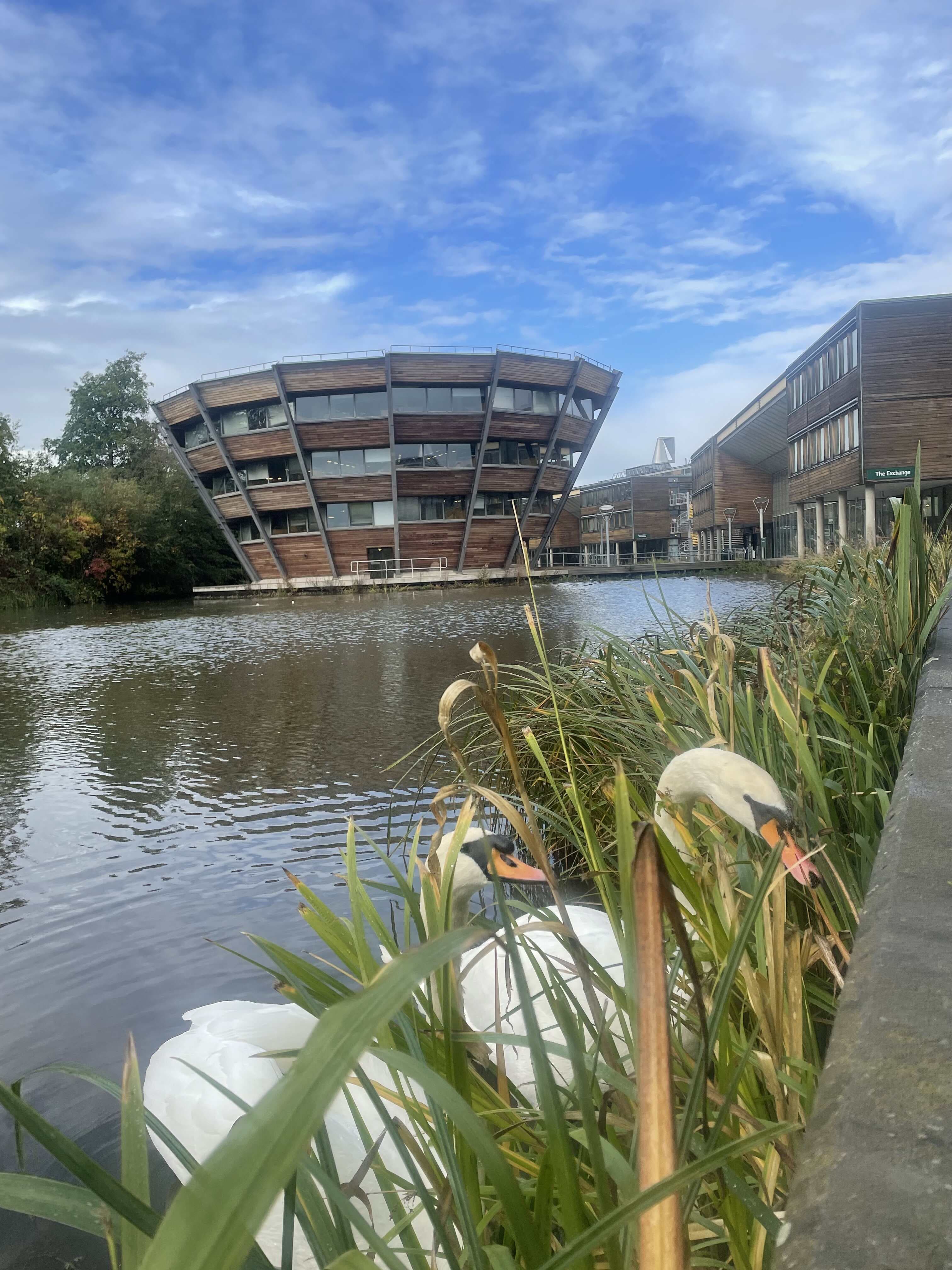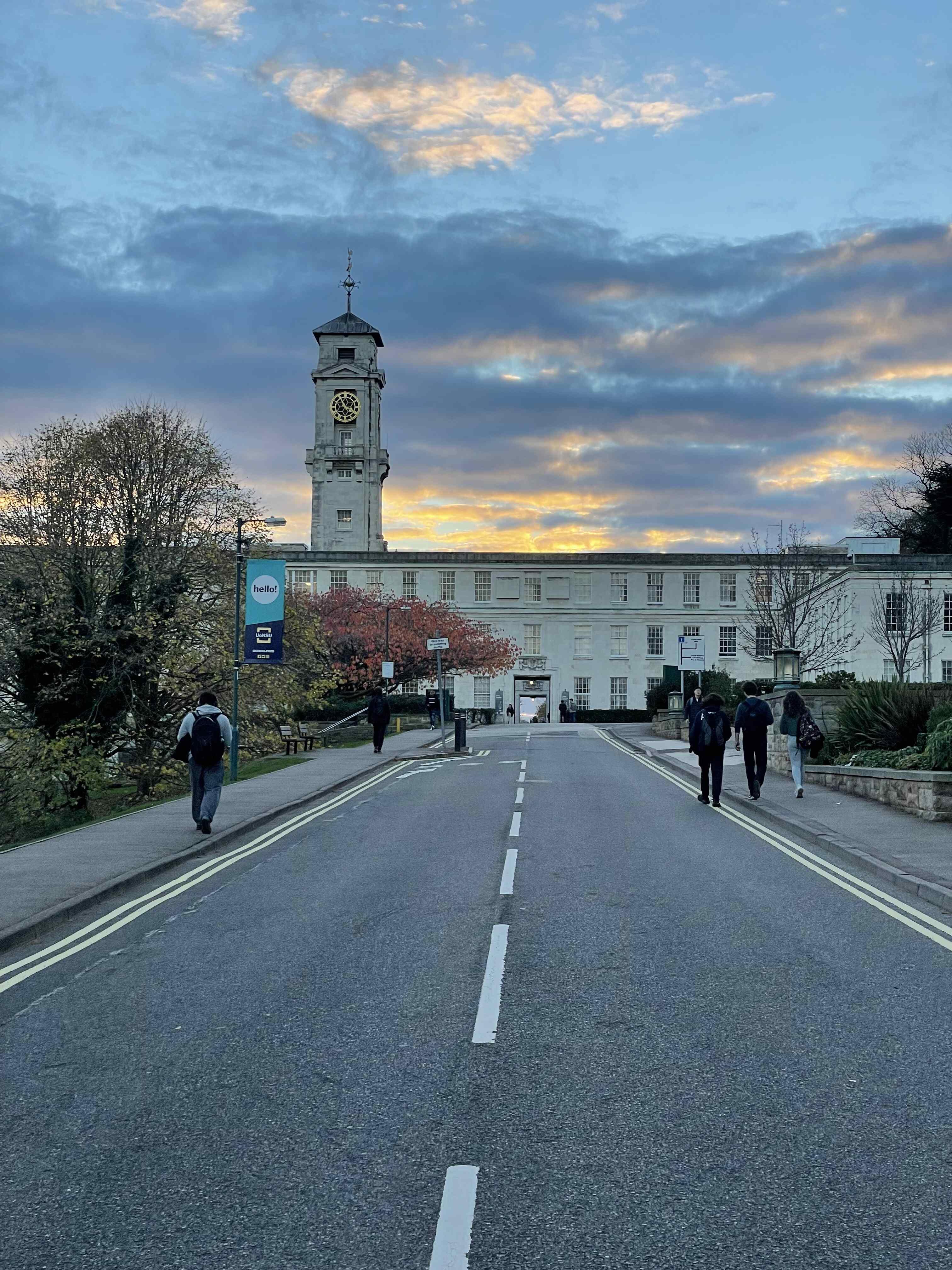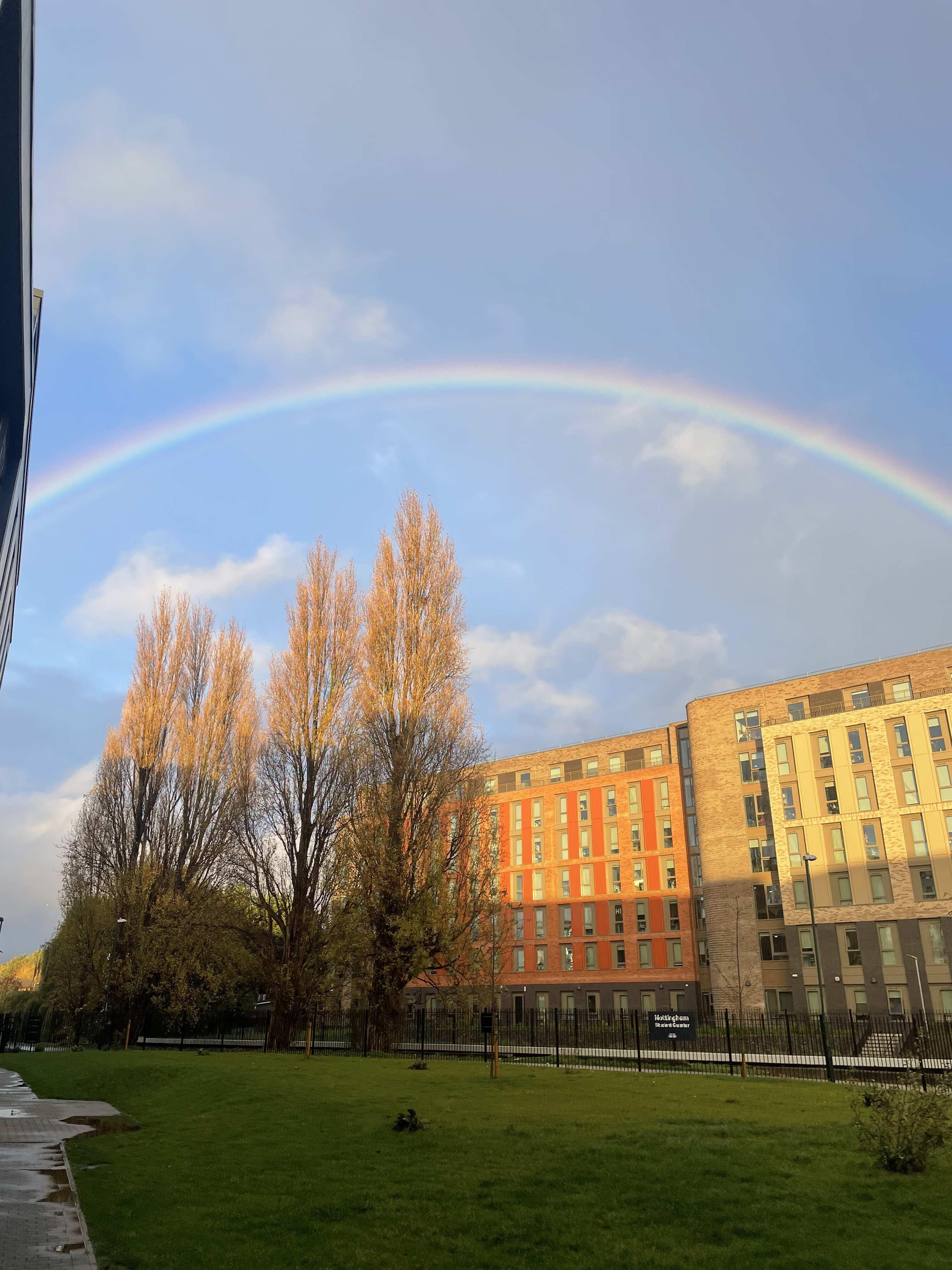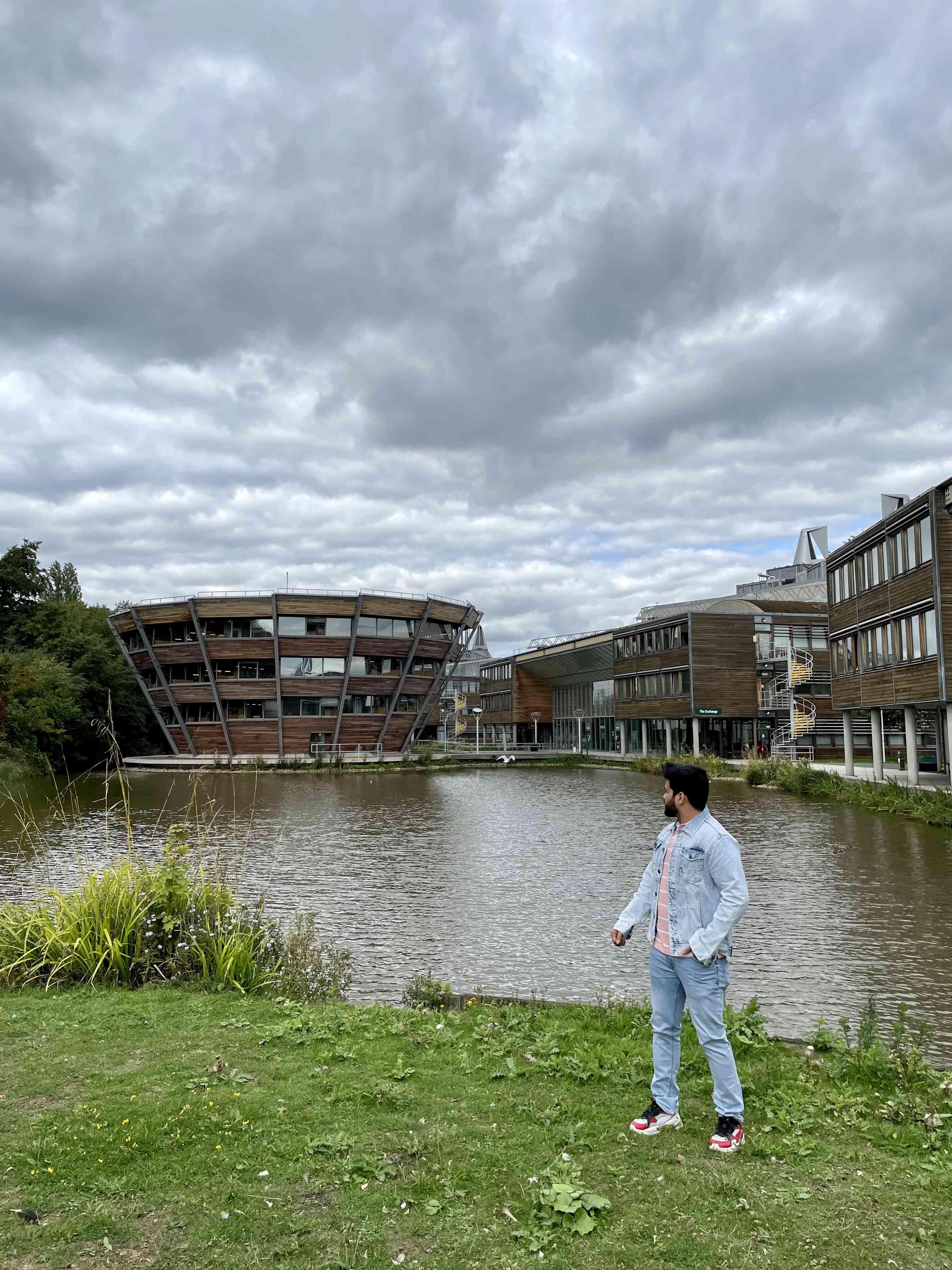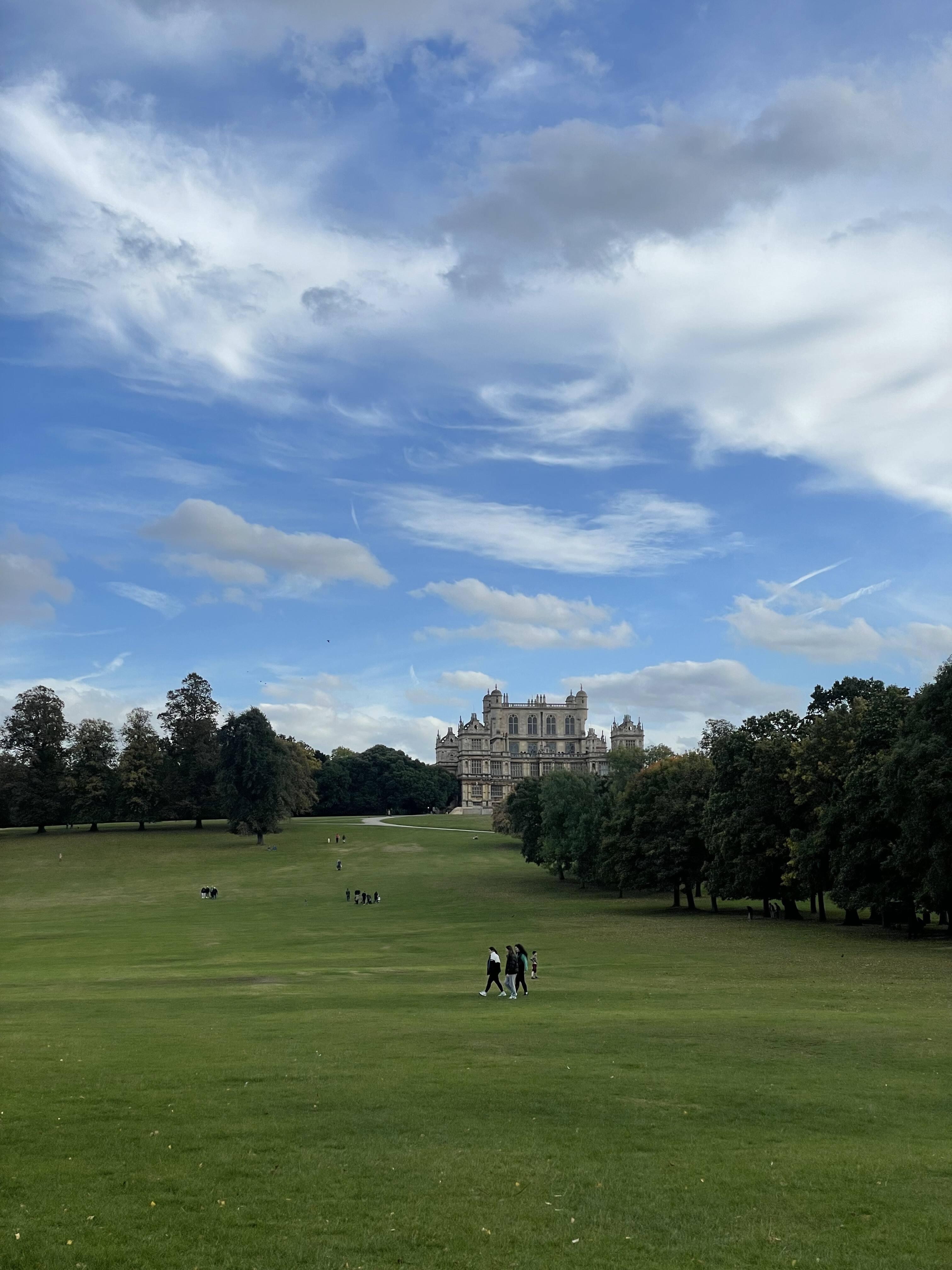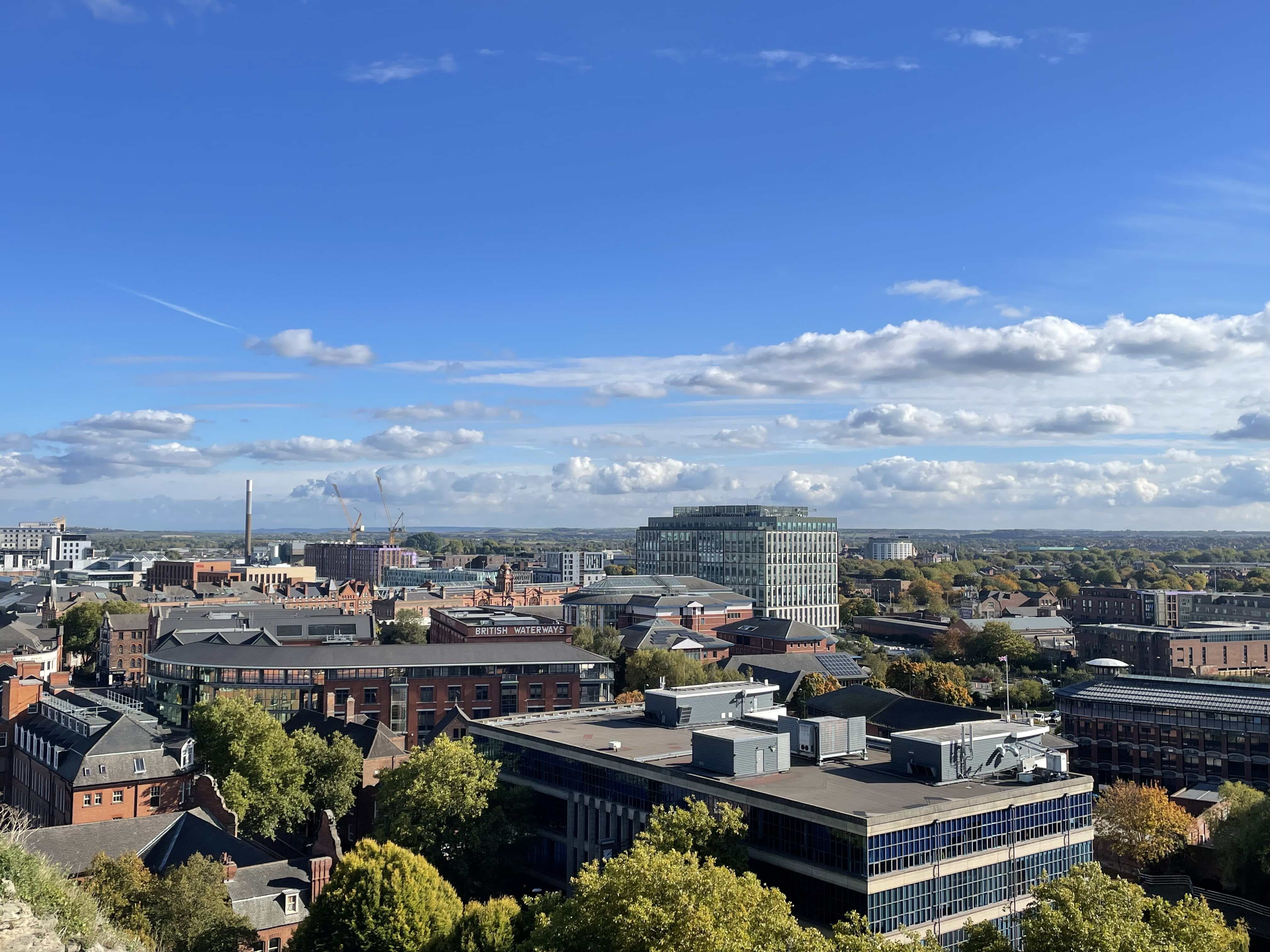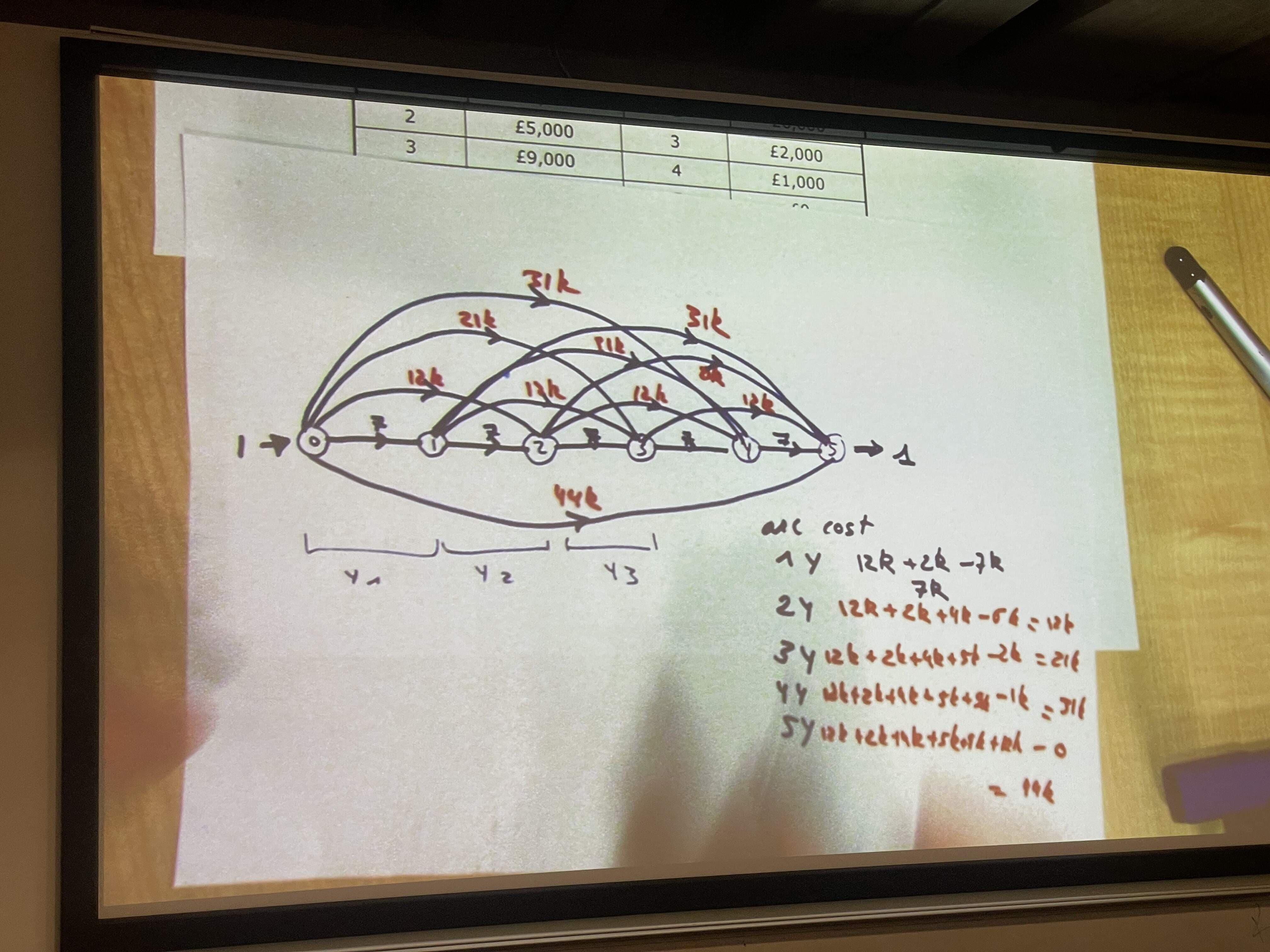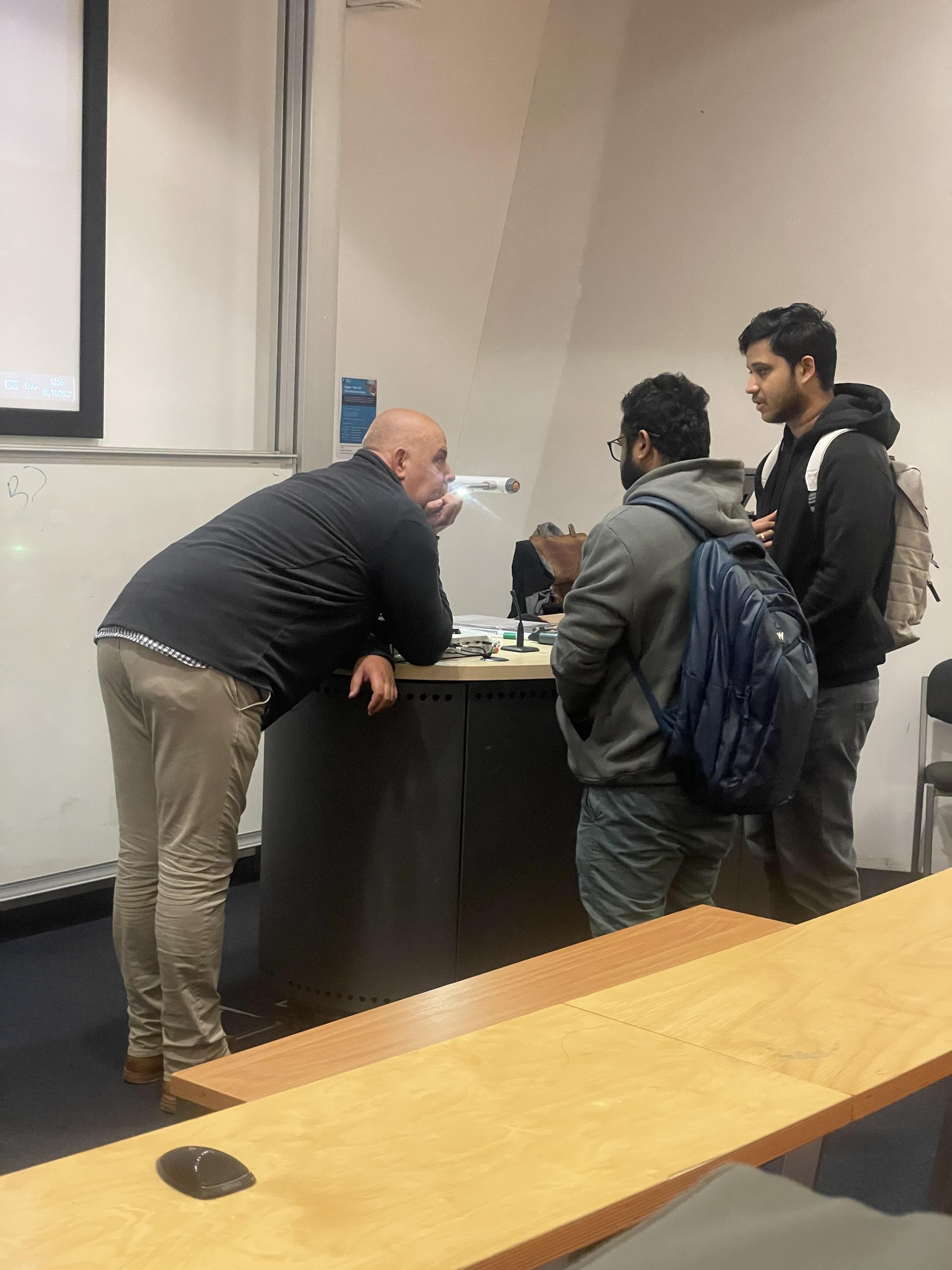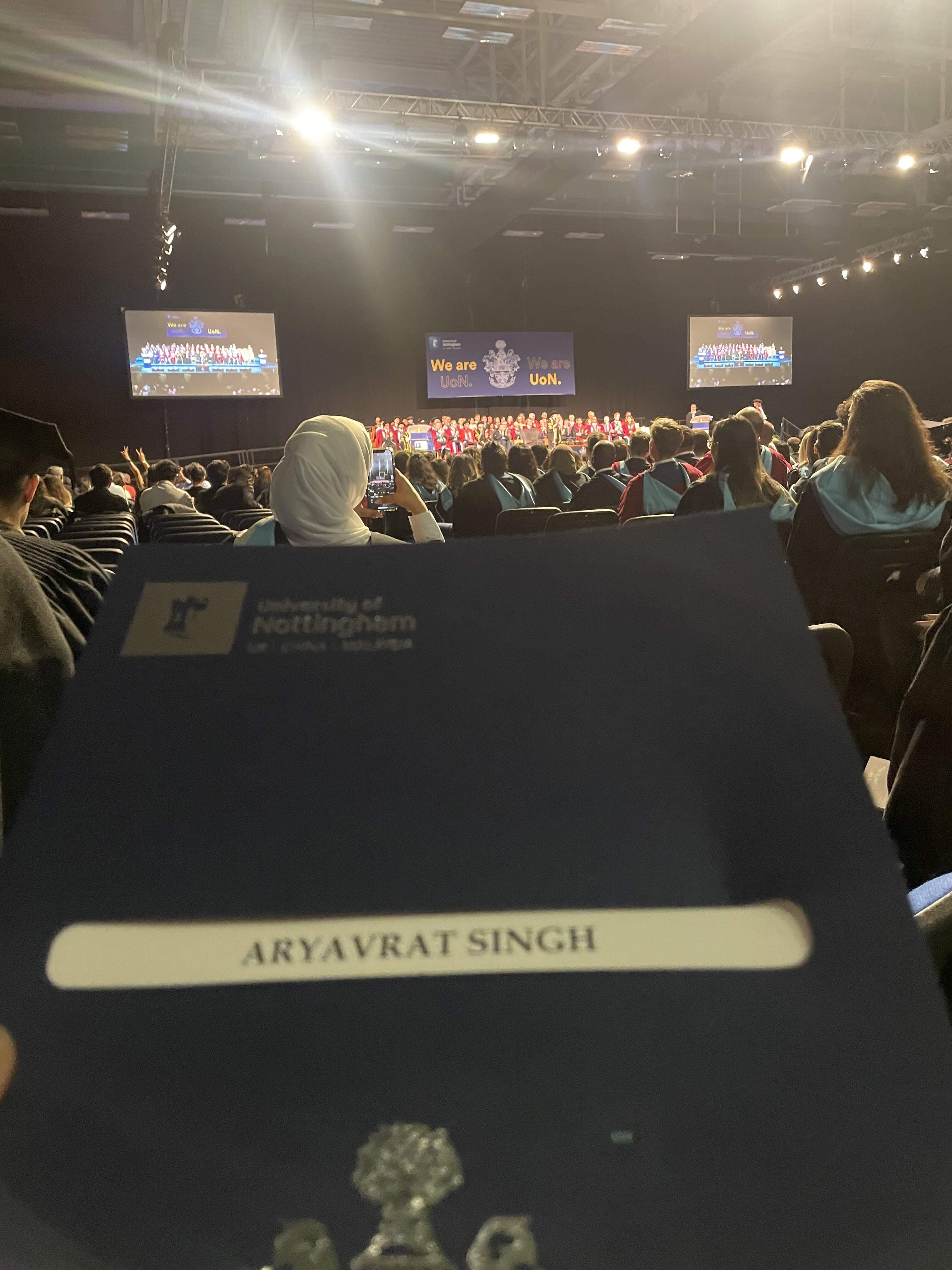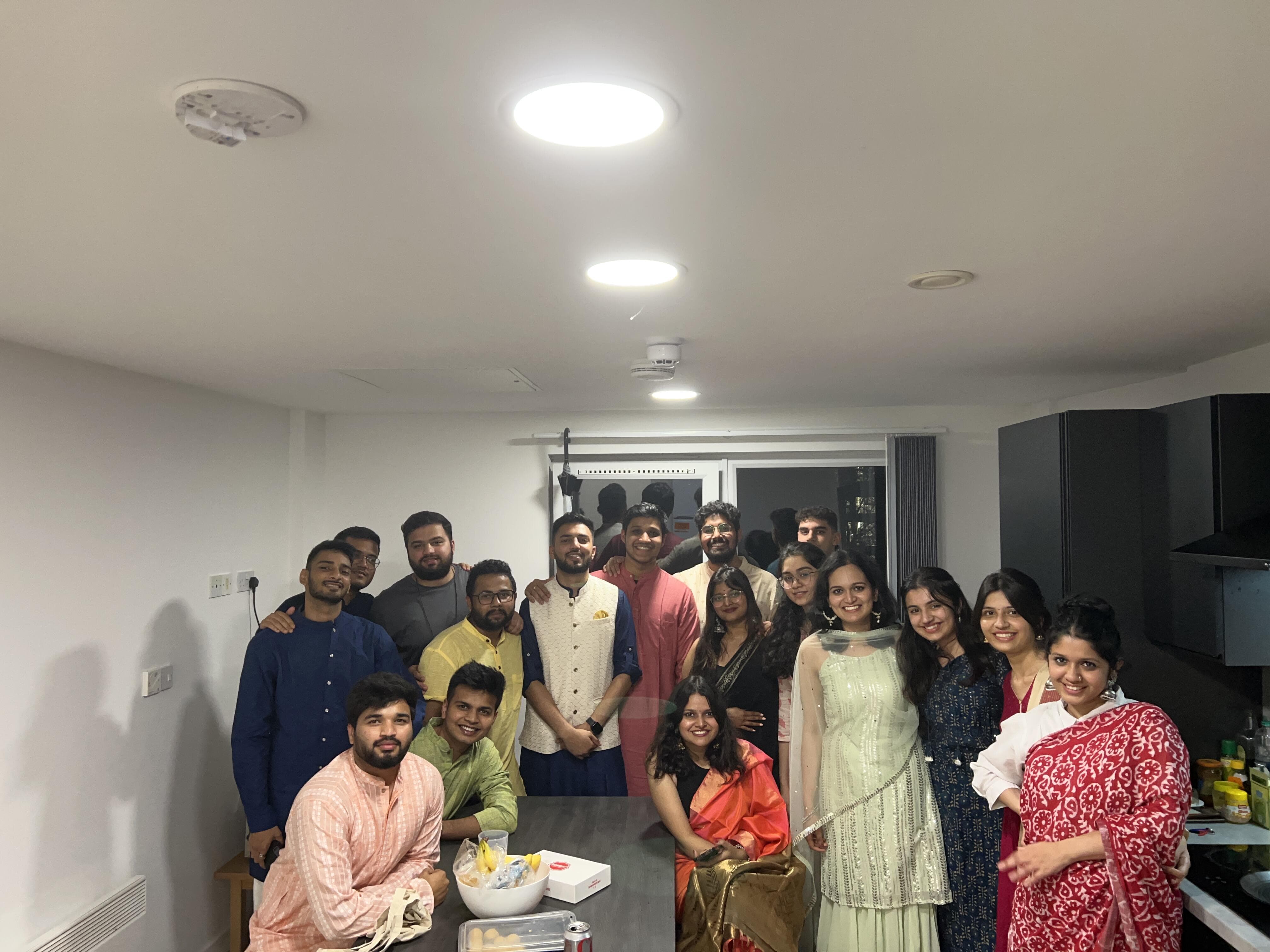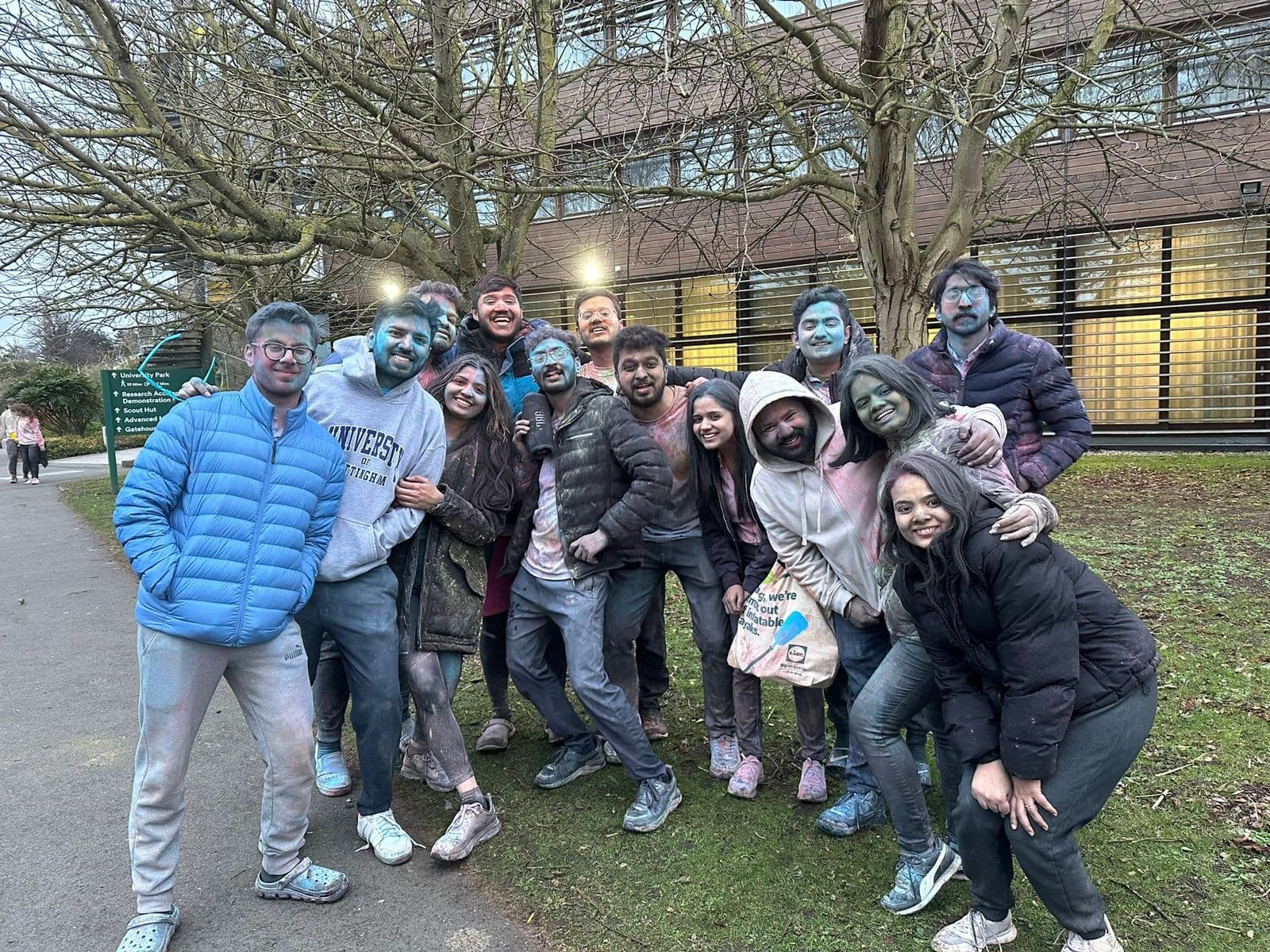What Students Say
Likes
- The teachers had a strong command of their respective disciplines and leveraged practical experiences whenever possible. The ML professor had rich expertise working with different companies which equipped him with knowledge that enriched the machine learning module.
- The computer laboratories were fitted with modern devices and applications. This made it possible for us to engage in complex performance computer activities such as training neural networks and building sophisticated models that would have taken days, but with high end computers, it was done in a split of time with no limits.
- Variety of subjects were covered in the course; however, they gave us chance to select modules including those not from the competency science school and from the business schools as well. I had an intention to learn Management Science in the business school and my HOD agreed to such arrangement.
Dislikes
- The amount of work, particularly in the dissertation stage, was high. I found it hard to maintain a balance between study and research, particularly when there were approaching deadlines.
- The time of some modules would overlap making it impossible to go for some lectures. Some lectures I could not attend because the schedules clashed.
- Although I appreciated the international approach, many of my classmates came from the same ethnic backgrounds, predominately Chinese and Indian students. It would have been more beneficial and worth it if there were discussions and group works with students from different ethnic backgrounds.
Course Curriculum
- On a scale of 0-10, I would give 7 for difficulty. It was a mix of both theoretical and practical.
- The most positive aspect I would say was the range of topics covered in the modules with the practical scenario being showcased. And negative would be the scheduling of the classes.
- The course offers a lot of good content for learning and a great environment with excellent practical exposure which I feel would help secure a job. But this won't be the sole reason to land a job as there are lot many factors that you need to be prepared for.
Admission Experience
-
I applied to only 4 university
University of Manchester (Rejected)
University of Leeds (Shortlisted)
University of Nottingham (Admitted)
University of Southampton (Shortlisted)I got acceptance from Leeds, Southampton, and Nottingham.
- Not sure why I got a rejection, even in the mail I received they mentioned that there were better candidates. One reason I can think of could be due to the course I applied. I applied for data science and rest it was computer science.
- I made all my applications in December 2019 and Nottingham was 1st to respond. I waited until March end but went for Nottingham. I could have gone to any university between Leeds, Southampton, and Nottingham but I received the confirmation from Leeds and Southampton quite late.
- After I accepted the offer letter, I was asked to deposit 2000£ for the CAS letter. The CAS letter is the most important thing for filling out visa applications or loan applications. I didn't apply for a loan, so not sure about the loan process. I applied for my visa in June 2022 after I got my CAS letter, the visa process was simple so nothing to tell much about it.
- There were no such major eligibility criteria, they only required at least 6.5 band in IELTS that's it.
- It was really simple for me because of my counsellor who did all the things on my behalf. I was never worried about the application process or visa, because she made it really simple for me.
- I applied for the September intake (September 2022). There was no such influencing factor, It's because my course was offered in September intake.
- I made my application in December 2019 and got my offer letter in Feb 2022. After that, I was given 30 days to pay a 2000£ deposit for the CAS letter. And I received my CAS letter in May. I can say the whole process took 6 months.
Class Schedule
- We used to have 3 days only and in that, 3-4 classes used to be there for 1 or 2 hrs.
- The classes didn't have any continuity for example, if there was a class at 9.30 am the next could be at 4.30 pm.
Faculty
- Faculty members don't assist part-time but if only one of the faculty is impressed by your performance then they might give a recommendation.
- Prof. Collin Johnson is the best project guide one can get, he was my guide for my dissertation. He helped me a lot during my thesis.
- The average no of students in my course was 150 out of which I think 25% were Indian.
- I don't have any idea on the faculty-student ratio but I feel it would be a decent ratio. Never face any challenges due to the faculty-student ratio.
Campus Life
- There are 2 campuses and both are next to each other but they are very big and to travel between each campus we had free bus services for students.
- We had 24*7 access to the library, we had a sports village that had 83 different types of sports facilities. Medical is free in the UK.
- The best is Goose Fair and some famous clubs are Rock City and Ocean. Every month there would come an event and can't compare as all of them were good.
- If you stay in student accommodations there will be an event for you every month. I used to stay in an off-campus house so don't have much idea.
Part Time Jobs
- There are not many and those roles are for PhD students only.
- No idea about the pay range.
- You can work in a student residential society, work in the library, there are many cafes and stores so one can work there as well and the hourly pay is around 10.5£/hr.
- We are not allowed to work more than 20 hours a week.
- It's is difficult as there are more than 20000 students, but in UK you can work off campus as well.
Placement
- The 60% do tend to find a job in the next 6 months after graduating.
- The average salary is 35000£/year.
- The best way to find jobs is by networking, or online job portals through Linkedin, Gradcraker, Indeed and Reed.
- I can share my experience, I applied for over 1000+ jobs through job portals and this number would be similar for every other graduate. But didn't have any response, so I started making connections through LinkedIn and one day I got a referral for British Gas. The interview was simple, at 1stvthere was a a data round where I was given a data set and I was asked to make a presentation and after that, I had my interview.
- The top company that hires graduates would be PWC, EY, and Amazon
Accommodation
- My accommodation was off-campus.
- I found it through the Facebook marketplace, I saw the ad and I reached out to the homeowner and requested a virtual viewing.
- My rent was 500£ with all bills included.
- Facilities like wifi, kitchen appliances and communal cleaners were there.
- I didn't have any challenges it was quite easy for me.
- Look at Spareroom if you want to look for off-campus accommodation.
- My house was 1.5 miles away from the uni campus, however the student accommodation was 0.5 miles.
Exams
- Only IELTS is required if you have not scored more than 90% in English in your 12th grade. But all others English proficiency tests are acceptable for example TOEFL, Duolingo, and PTE.
- Documents such as a Statement of purpose, letter of recommendation, and all your mark sheets are mandatory (10th, 12th, and graduation).
- For me, there was no interview round, so it was a straightforward application process.
Fees
- The total tuition fee was 27500£, I didn't have any hostel fee at that time because I was living in a private house.
- The fee was charged in three instalments, 1st instalment was in September, 2nd was in January, and 3rd in May.
- Monthly expense for me was 800-900£
- Of which 500£ was my rent, 200£ for food and groceries, and the rest for other stuff like transportation, clubbing, and miscellaneous.
Scholarship
- No, I didn’t receive any kind of scholarship or financial relief from my computer science school.
- Moreover, In computer science school there was no academic scholarship given to any student.
- However, one of my colleagues got a 4000£ scholarship not because he was excellent in academics but because he was an organ donor. But in business school, every second person had a scholarship ranging from as low as 1000£ up to 50%.


